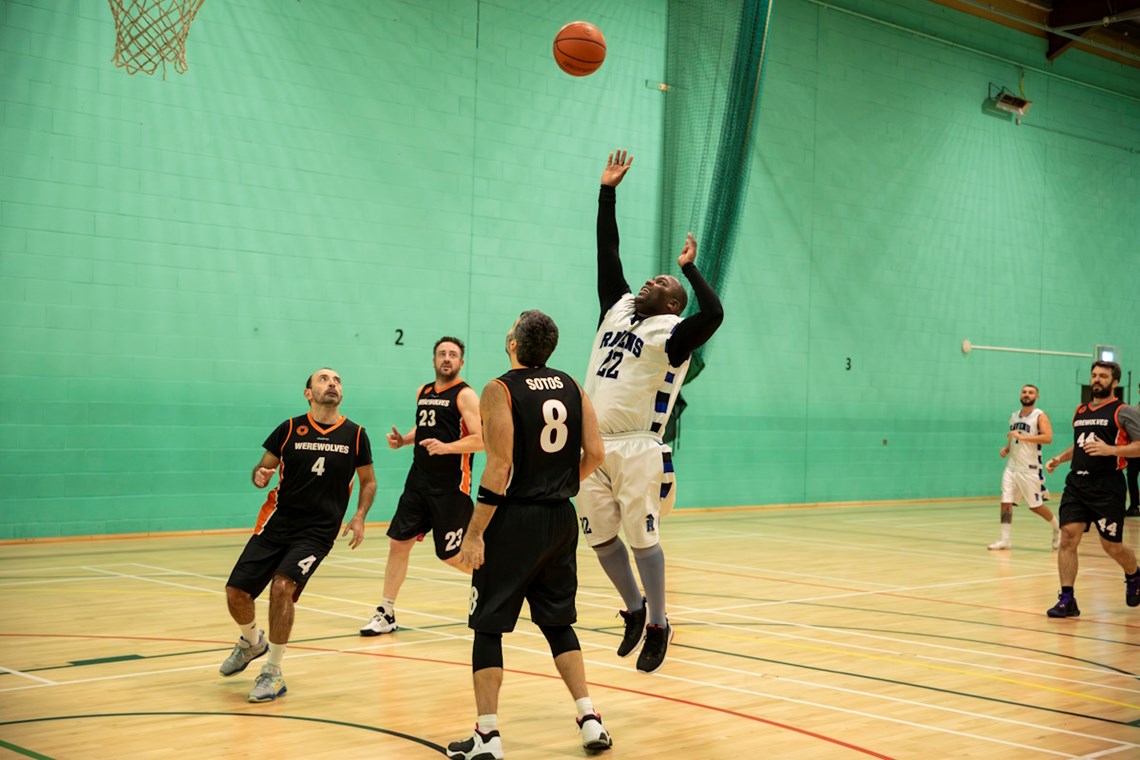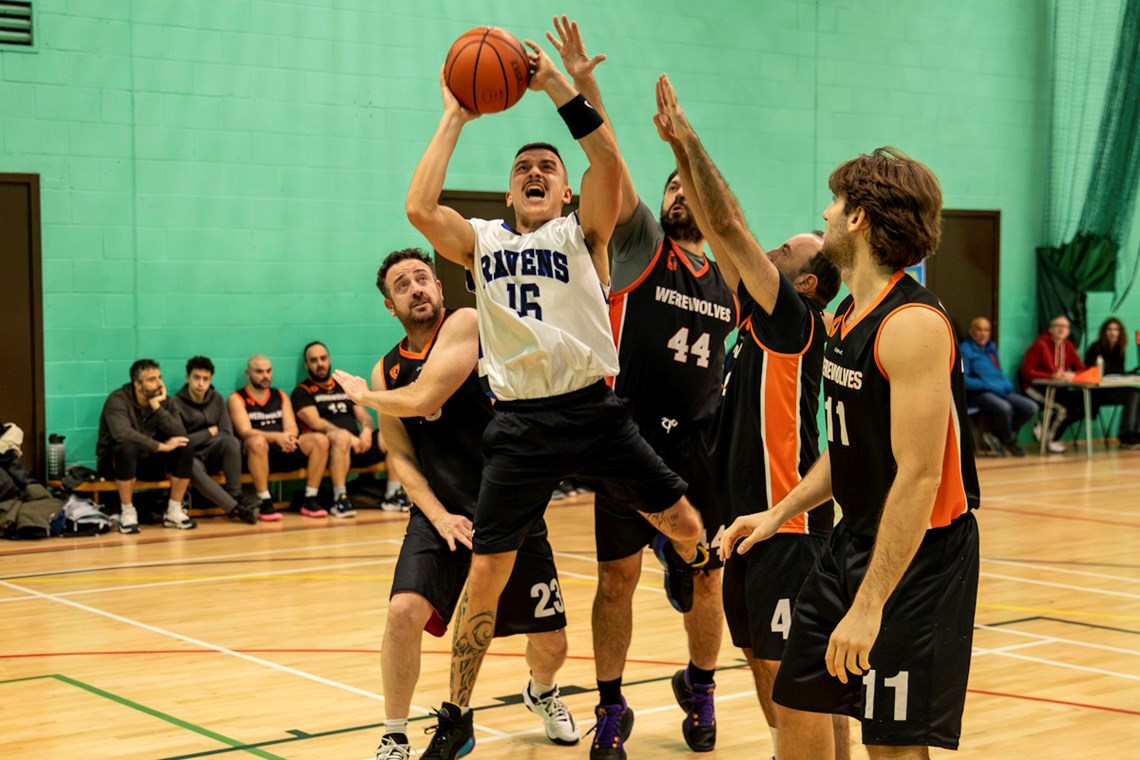
That’s around one in six of the world’s population.
Today (3 December) marks the International Day of Persons with Disabilities and this year’s theme seeks to amplify the message of participation, representation and inclusion of persons with disabilities, positively shaping their lives.
Doing just that is Hertfordshire’s Ravens basketball team.
Lead by Simon Jackson-Turner, the director and founder of The Inclusion Project – a multi-award-winning initiative that promotes healthy and active lifestyles for neurodiverse adults – the team plays in Division 2 of the Herts Basketball League (HBL).
The squad is made up of a mixture of neurodiverse and neurotypical players, all with varying abilities and basketball experience. The former is a moot point in Jackson-Turner’s books, however. The club’s focus is on basketball and competing, not labels.
“The neurodiverse part [of the team] is not important to us on a personal level," said the 37-year-old.
"We are a group of friends playing as a team, however, we do recognise that unintentionally it is important, as our team provides representation for neurodiverse players, as well as inexperienced players within the league.”

Currently, in their third season, Jackson-Turner says that Bob Bhania of the HBL was instrumental in helping them join the league and that the experience for his players has been welcoming and accommodating.
Despite racking up a few losses along the way, Jackson-Turner is confident the Ravens can improve and become a longstanding outfit in the Herts basketball scene.
“We usually lose by at least 40 points or more, but we love that the other teams respect us to not 'go easy' on us. We score about 30 points a game, and we earn those points, they are real points and that is what we want. The adrenaline and feeling you get when you score or make an assist, or watching your team-mate score, it's the best and we have had and continue to have unforgettable experiences and games.
“Every team has been welcoming, warm and kind. Every referee and official has been supportive and patient. We get slightly better with every game, and with enough time and dedication, eventually we will close that gap. It really has been an honour to be part of the league.”
Committee Member of the Herts Basketball League. Peter Thorp. said that the HBL was 'thrilled' to have the Ravens.
"It reinforces the fundamental spirit of playing for joy and not the result," he said.
"These guys are amazing, they set a great example to us all about the importance of inclusivity and opportunity for all, both in sport and every other aspect of life.”

With a background in teaching and supporting students with a range of neurological and physical conditions to access education in Hertfordshire, Jackson-Turner found his way into coaching basketball with the East Hertfordshire Special Olympics basketball.
Six months later, he entered the team into a national tournament, renaming the team as the Ravens, and they won the whole thing.
From there, the Welwyn Garden City native became the Special Olympics Great Britain (SOGB) assistant head coach and travelled to LA for the 2015 Special Olympics World Summer Games, where GB beat China in the final to become World Champions.
At this point, Jackson-Turner says he left his teaching and started a care service for young neurodiverse adults to help them integrate in the community, maintain friendships and live an active and healthy lifestyle when they leave education.
Thus, The Inclusion Project was born.
Four years later, now as the SOGB head coach, he secured back-to-back championships at the 2019 Special Olympics World Summer Games in Abu Dhabi.
It was in preparation for this that Jackson-Turner realised the value of entering his players into a league with neurotypical players and teams.
“During the years of training and build up to these major Special Olympics events, I would hold weekly scrimmages with friends," he said. "It was a real mesh of people from The Inclusion Project, as well as athletes from my Special Olympics team.
“There was no difference between the neurodiverse and neurotypical players, it was and is a group of friends playing basketball together.
“Then before Abu Dhabi, we entered our collective into the HBL. I wanted my athletes to feel the pressure of great competition and prepare them for the Games.
“We hope our involvement [in the league] represents that basketball is for everyone.”
All images - Ruby Sanford Smith
.
.
.
